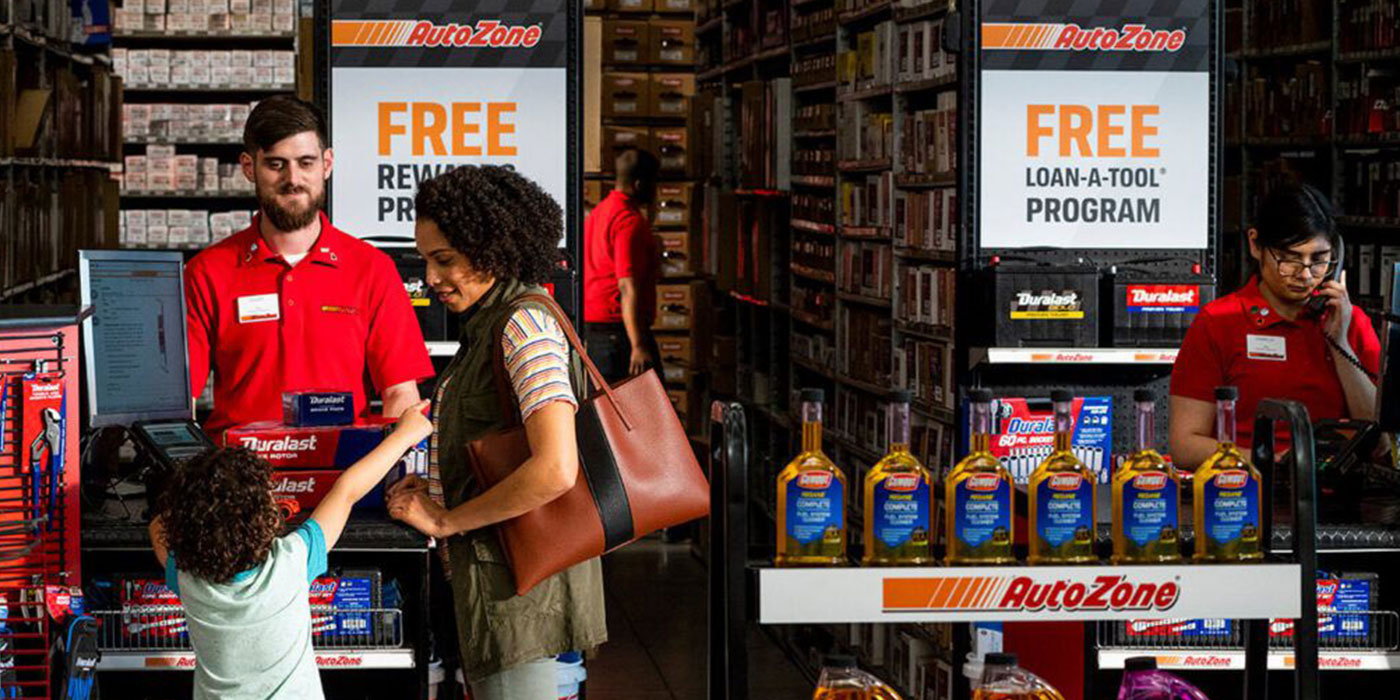A crucial part of the automotive industry is the market for spare parts that also contributes to superior customer service. According to a report from Beroe, a provider of procurement intelligence and supplier compliance solutions, auto component buyers are planning to shift gears in their sourcing practices in the long term by engaging with either local or regional suppliers. However, there is always a need for global sourcing in the auto industry for procuring high-volume, high-precision products.
“Auto component buyers are diversifying from the dominant supply bases to ensure supply risk mitigation and reduce the cost per unit of auto components. Buyers from the auto industry plan to take on this strategy slowly and are therefore diverting their partial sourcing activities away from the dominant bases,” said Vignesh Premkumar, a research analyst at Beroe. “Buyers have started looking for local sourcing opportunities.”
There are several reasons why the automotive industry is looking to shift toward more regional suppliers in supply chain diversification. In the past, OEM buyers would limit themselves to a few auto component suppliers. However, this is now changing due of the growing demand and the need to mitigate supply chain risks that have emerged due to the ongoing pandemic. Most major auto OEMs are currently strategizing for implementing supplier diversification; this will enable them to improve their sourcing flexibility when the demand levels are high. This also helps buyers bring their products to market with speed.
The U.S. and China trade war in the recent past has affected the automotive industry immensely. U.S. buyers had to look for alternate sources for their raw materials because of the high taxes imposed on them. This has made the Southeast Asian countries a more appealing option, according to Beroe’s research.
There are several OEMs from Germany looking for alternative sourcing options from Eastern Europe. Countries such as Poland, Czech Republic, Hungary, and Bulgaria have lower costs due to supply base concentration.
Despite India’s political tensions with China, it still depends on it for sourcing batteries, electronic parts, rare earth magnets, and more. For mechanical components such as castings and machined parts, Indian automakers are looking within the country now.
Another reason for the rise in local sourcing is increased labor costs. The cost of manufacturing is high in China due to the rise in minimum wages. The environmental regulations have forced several manufacturing plants to reduce their production activities. Southeast Asian countries, namely, Taiwan, Cambodia and Laos, are now better alternatives for procuring labor at a lower cost.
COVID has added to the reasons why buyers are increasingly looking at local options to source auto parts. The supply chain has been impacted, and various manufacturing sectors have shut down their operations during the first quarter of 2020. China was significantly impacted and shut down its manufacturing operations completely. They, however, recovered quickly and are currently operating at 95 to 100% of their capacities. Other countries are still struggling to reach a steady momentum in managing their manufacturing activities.
“You can’t anticipate events like a pandemic. Moreover, the tension between countries is unpredictable too. Such a scenario brings a lot of pressure for companies who source their raw materials from different countries. It disrupts their procurement and supply chain and, subsequently, their entire business. So, it’s understandable that the companies in the automotive industry are looking at regional suppliers now,” said Premkumar. “This doesn’t mean we’re nearing an end of global sourcing. It simply means we’re carving a parallel line to the existing model that helps stakeholders manage risks effectively.”
For more such market insights, procurement intelligence, supplier analysis, supplier compliance and risk management, price and cost benchmarking, go to Beroe LiVE.Ai: https://www.beroeinc.com/beroe-live-ai/.














